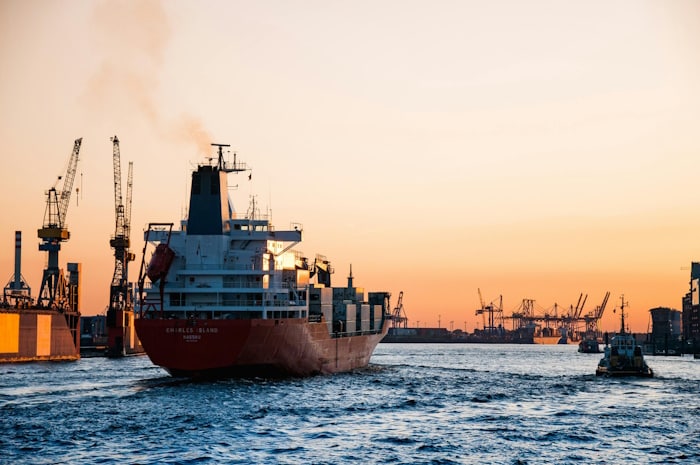Making Little Progress on Slashing Shipping Emissions, IMO
Shipping Emissions Meeting Fails to Make Progress

As the International Maritime Organization (IMO) concluded a critical meeting aimed at reducing greenhouse gas (GHG) emissions from the shipping sector, the Clean Shipping Coalition expressed disappointment over the lack of substantial progress. With a looming deadline of April 2025, the coalition is urging member states to take more ambitious actions to combat climate change.
Urgent Need for Action on Emission Standards
During the Intersessional Working Group on Reduction of Greenhouse Gas Emissions from Ships (ISWG-GHG 18), member states faced numerous technical and economic policy disagreements. These issues must be resolved before the Marine Environment Protection Committee (MEPC) 83 meeting in April 2025. However, the recent discussions failed to address key points that would enable the shipping sector to meet the goals outlined in the 2023 IMO Strategy. As a result, there is a significant amount of work left to finalize a legal policy document for approval at MEPC 83.
A major focus of the meeting was the proposed GHG emissions pricing mechanism, particularly a flat GHG emissions levy. This levy is seen as essential for facilitating a cost-effective transition to cleaner maritime energy. Over 60 countries now support the inclusion of this levy, which aims to ensure that developing nations, especially Small Island Developing States (SIDS) and Least Developed Countries (LDCs), are not left behind in the transition to cleaner shipping practices.
The Clean Shipping Coalition had called for clear progress on two fronts: enforceable global fuel and energy standards and equitable implementation of a pollution fee. These standards would incentivize investments in renewable energy sources, such as wind power and zero-GHG fuels, while the pollution fee would hold polluters accountable and provide revenue to support vulnerable nations. Delaine McCullough, Ocean Conservancy’s Shipping Emissions Policy Manager, emphasized the urgency of these measures, stating that the time for delay has passed, especially with 2024 projected to be the hottest year on record.
Despite the challenges, there were signs of hope, including the participation of new voices advocating for stronger policies. Countries like Mexico and Panama emerged as regional leaders in this crucial discussion. However, the call for a robust global fuel standard and greenhouse gas levy remains urgent, as the shipping sector grapples with its impact on climate change.
